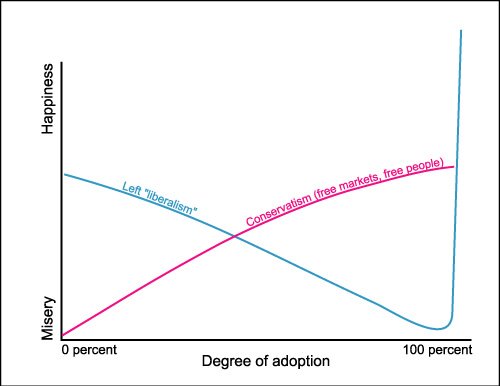Jay Leno asked a good question of his guest the other night when Barak Obama made a celebrity appearance. Well, technically speaking it wasn’t a question. But he pointed out how it’s scary that Congress can decide to tax people because they are unpopular.
I didn’t watch the program, but activerain.com has a link to a YouTube clip of this part. And I’m also glad to see that activerain makes the points that our Constitution prohibits Bills of Attainder and Ex Post Facto laws.
I don’t know why Obama didn’t take the opportunity to demonstrate that he’s a statesman-like person by expounding on those topics. It has been reported elsewhere that in the same Jay Leno show he made some comments about how Congress was being more vindictive than constructive, so it would seem he has some understanding of why those things are bad. (I watched as much of the show as I could stand on other video clips, but my tolerance for television and politician talk is very low, even when people I like are talking. I didn’t find the part of the Leno show where he said this before my stomach said to stop, so I’ll just have to assume that the written word about it is correct.)
Obama could also have told how this sort of Congressional behavior could lead to hate crimes and pogroms if not kept in check.
But instead, he changed the subject. Before the Leno show went to a commercial break he said he had a good answer, but as is usual with politicians, he wanted to talk about something else.
He said the change he would like is to tax well-off people like himself and Leno a “little bit more” to pay for health care, to pay for energy, and to make sure kids can go to college.
He got applause for that line, but he can’t possibly have done the math if he thinks a small tax on the rich is going to pay for all of those things. To mislead people about the cost of these projects is not going to lead to the kind of responsible economic behavior we need to get us out of our current mess.
